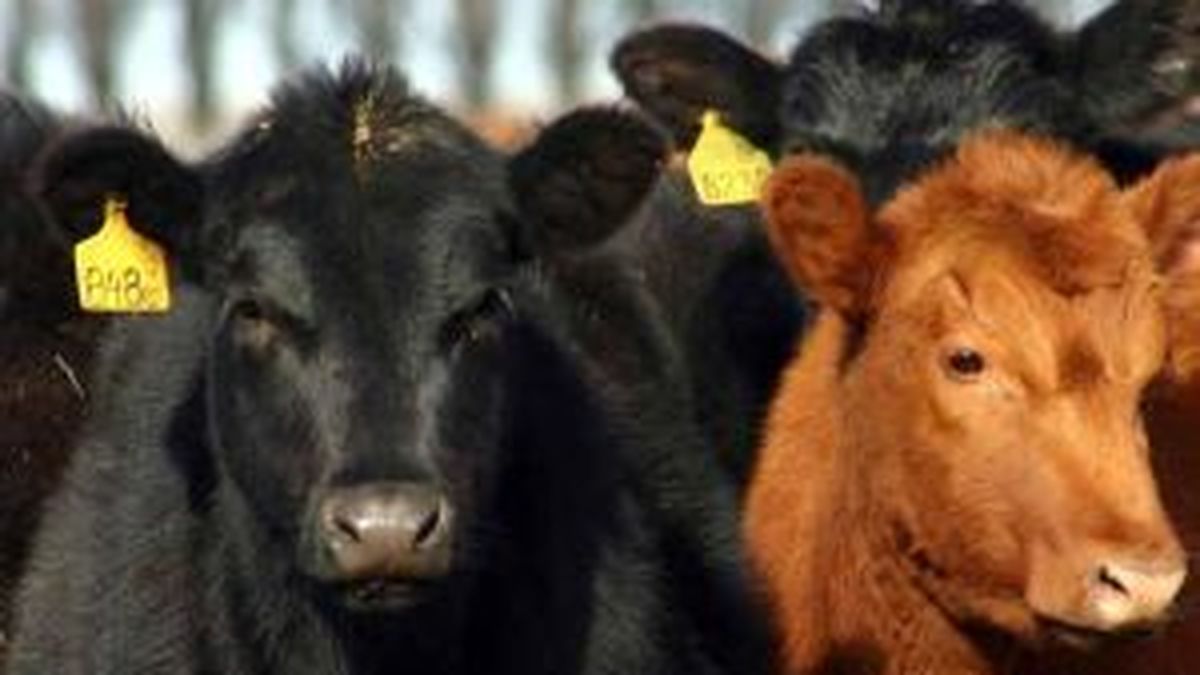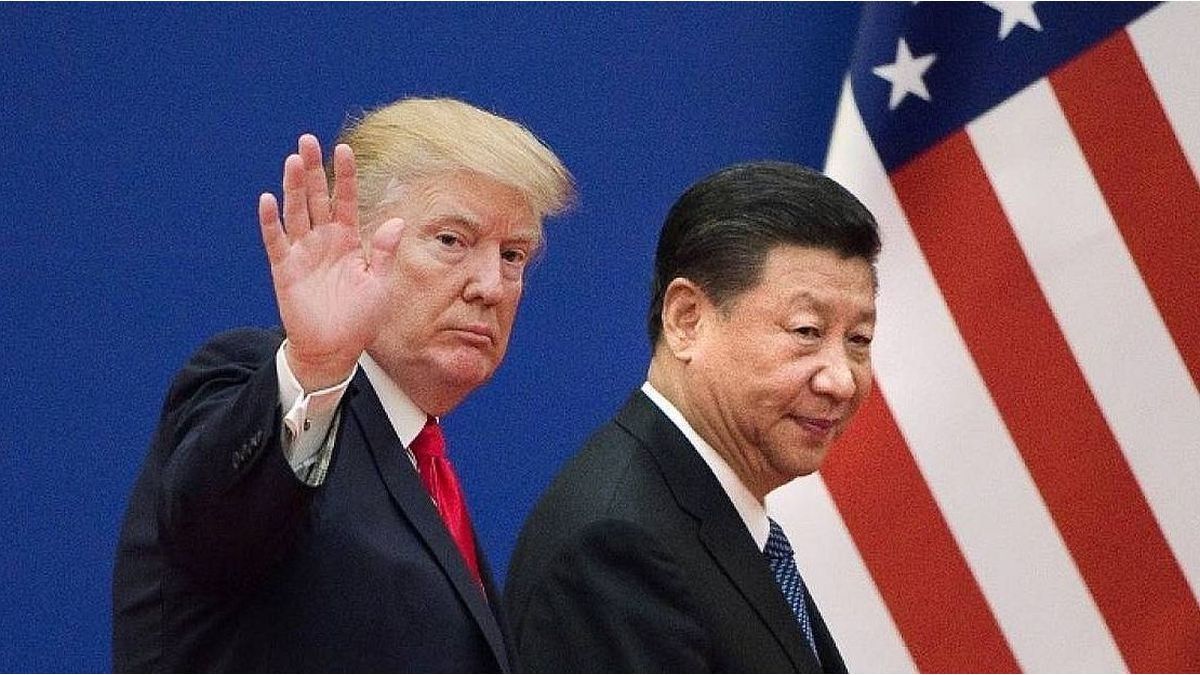In Argentina, a quadrivalent vaccine against foot and mouth disease is used and it should be considered the best option to guarantee the health status of our country. It is prepared by two laboratories in Argentina, Biogenesis Bagó and CDV.
These days the government announced the decision to move from the current vaccine with four viruses to a vaccine with only two. This opened a technical-scientific debate that needs a really deep and serious approach. Although the decision and responsibility ultimately rests with SENASA, the consequences of a bad decision will affect all producers and, consequently, the country’s economy. In this debate, it is proposed to remove the A2001 virus, which was the last to appear in Argentina in 2001, and instead maintain A24, which is a virus isolated in 1955.
Based on the evolution of this discussion, I reflected a lot on the responsibility that falls to me, as a Veterinary Medical professional, with a doctorate and postdoctorate in virology, having developed research activities in my beginnings in Argentina and in the USA, with more than 30 years working in foot and mouth disease in various parts of the world.
Given the opinions of some businessmen and independent consultants, I feel the professional responsibility to express my opinion on this topic, and at the same time to relay what I have collected from other representatives of scientific and technical organizations on this matter.
The vaccine that Argentina uses today is the most modern and validated in the world in terms of protection against foot-and-mouth disease virus variants. Removing the A2001 virus from the vaccine would be a mistake and a step backwards in terms of protection against the type A virus variants that circulate around the world today, especially in countries in the region such as Venezuela where the disease is present and there is no clear data on What are the types of circulating foot-and-mouth viruses?
The consensus of experts in the field is that the virus that adds value to the vaccine and transforms it into a world-class vaccine is A2001, because the combination of both viruses, A24 and A2001, gives the vaccine the characteristic of expanding its protection and that makes all countries with updated risk analyzes choose this vaccine. There are numerous international scientific publications that reliably demonstrate this.
It must also be carefully considered that risk analyzes need to be done in every sense. When it comes to vaccines originating in other countries that are going to be injected into our livestock, a special evaluation must be made to prevent the entry of diseases that do not exist in the country, as well as to measure the consequences of reducing the level of protection of our herd.
The risk of changing the protection status of our herd by returning to using vaccines with lower coverage today may not be perceived in its full dimension and implications, but it represents a serious threat. We all know that Bolivia has already stopped
vaccinate and that Brazil is on that path and its herd will quickly lose immunity levels. Other countries in the region such as Venezuela have not yet gotten rid of foot-and-mouth disease and Colombia has had outbreaks in 2017 and 2018, despite being in a vaccination plan that uses the bivalent vaccine towards which it seems that Argentina wants to go. now. These changes in the region represent new risk scenarios and we must not forget the dizzying changes that exist at a global level in terms of the movement of people and goods of all kinds, constantly generating new additional risks.
Argentina has the best tool to be safe and it is validated at a global level by various regulatory authorities and challenges in the field, so any change must be to improve and not so that with the controversial argument of “modernizing” it ends up going backwards in everything. achieved in terms of health status and access to markets.
Doctor in Veterinary Sciences. Director of Operations and Innovation Biogenesis Bagó
Source: Ambito
David William is a talented author who has made a name for himself in the world of writing. He is a professional author who writes on a wide range of topics, from general interest to opinion news. David is currently working as a writer at 24 hours worlds where he brings his unique perspective and in-depth research to his articles, making them both informative and engaging.




